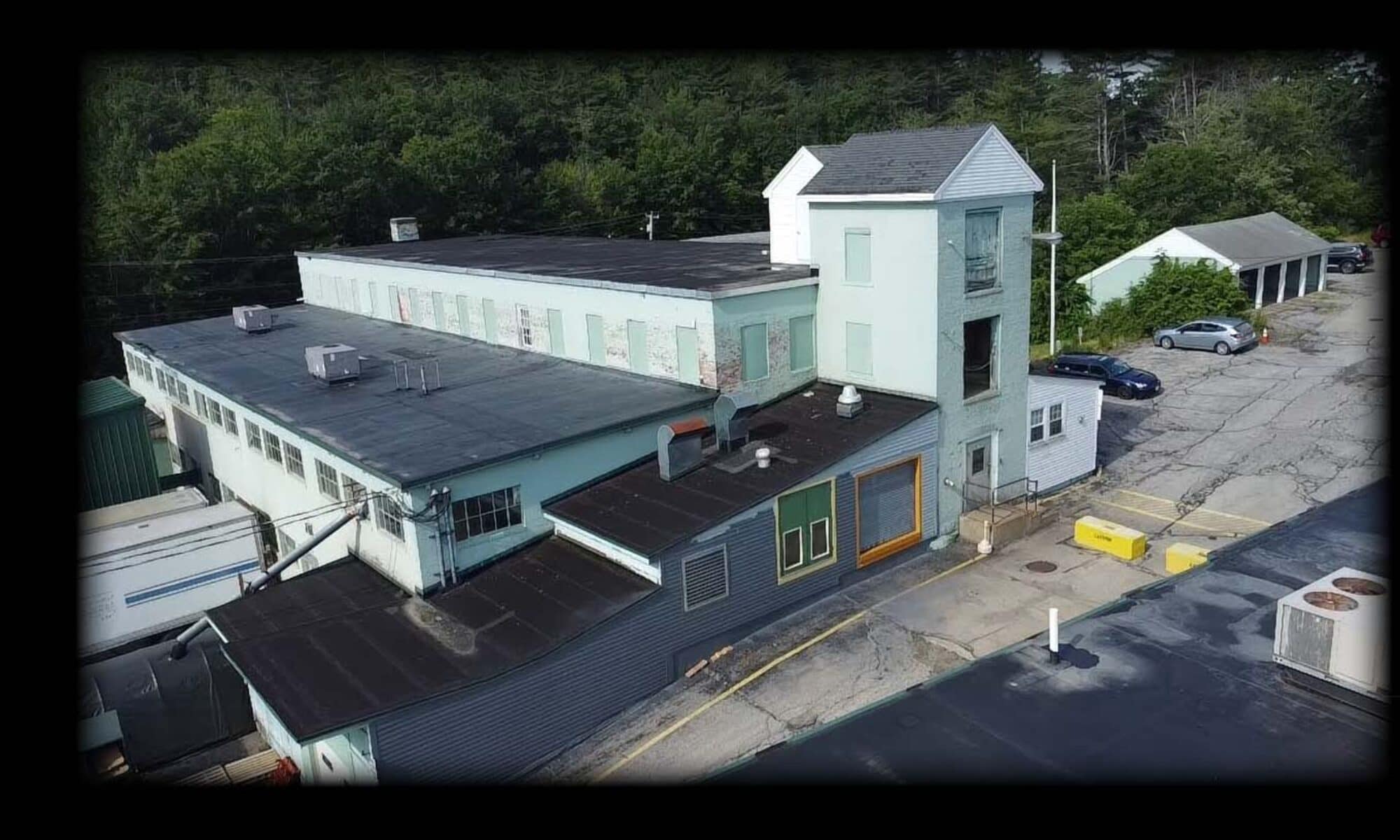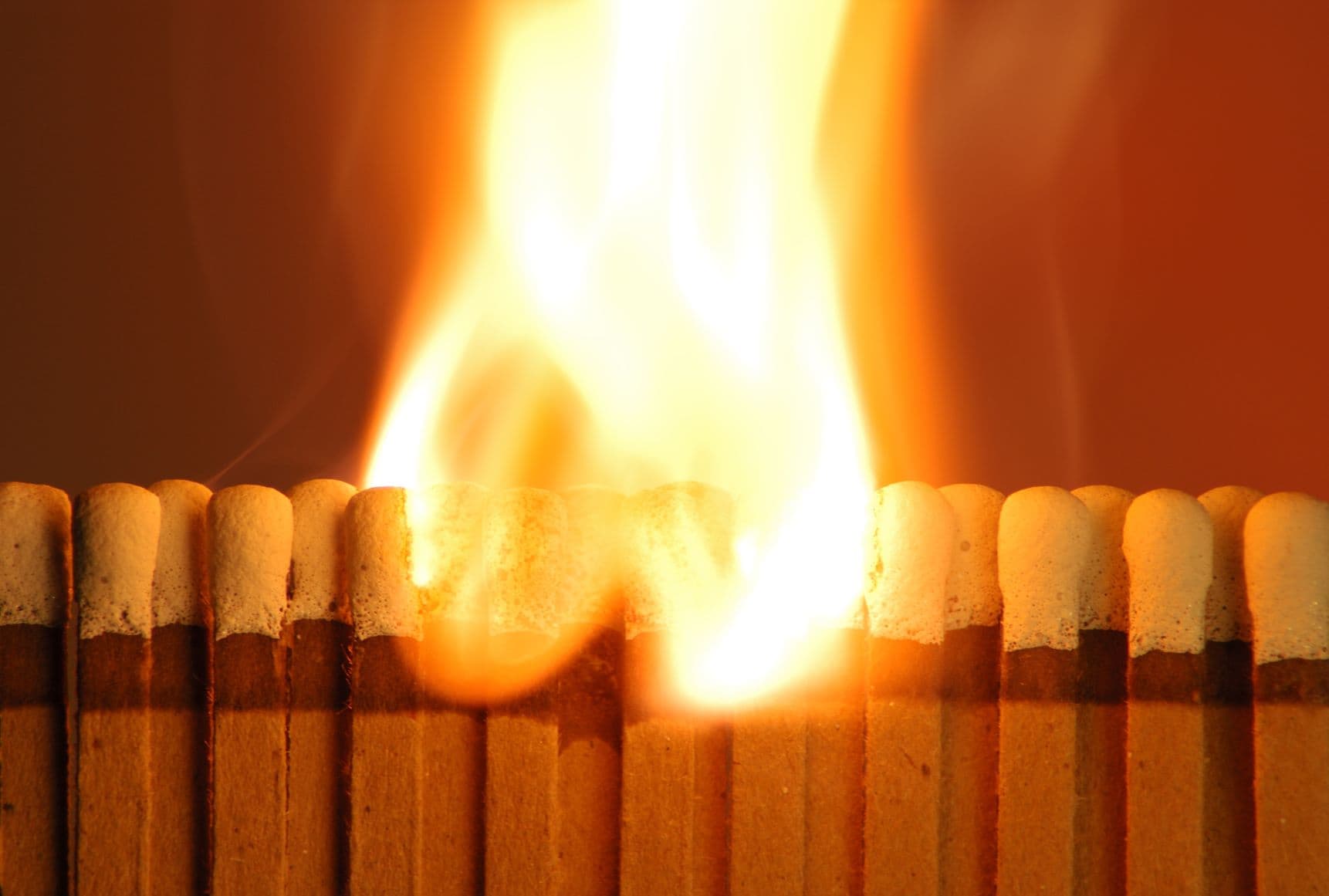The choice between striking a match or using a disposable lighter does not seem like a difficult or worrying decision for consumers. It is easy to use what is on hand at the time without really thinking about any of the consequences it has. When consumers do not think about these decisions, it shows how these simple choices we make can have negative effects on the environment. Sustainable matches are easily recyclable and biodegradable.
Unlike lighters, matches are made from wood or paper, which is easily biodegradable. Because they are biodegradable, they won’t contribute to the growing waste problem in the world. The most common type of wood matches are made from aspen or white pine. Each tree can create hundreds of thousands of match sticks. For an interesting read on the history of matches, try Prelude to the American Match Industry Story.
Full sized lighters can burn up to an hour. These lighters eventually run out and are turned to be thrown away. Once a lighter is disposed, it will exist in our environment forever. After they are disposed, these lighters will be either thrown into landfills, on the streets, or swept into the ocean. Once these lighters are disposed into the ocean, they will easily be mistaken by fish for birds to eat. One type of bird that is strongly affected by pollution is the Laysan Albatross bird. This bird catches fish by skimming the water with its beak. While doing this, it picks up other debris and plastic from the ocean. In this article about the Layman Albatross birds, there are images showing that they have consumed disposable lighters. This will kill them quickly, once eaten.

While it isn’t a pressing decision whether to use a match or a lighter, it is an easy choice. Matches are usually free and can be found in a lot of different restaurants and stores. This makes them even more accessible than lighters for people. Highly engaged community convenience stores like Wawa and Sheetz, give away the books for free to their loyal customers who may prefer a recyclable match to the plastic lighter. Take the match.
The sustainability of matches over lighters can tremendously improve how the environment is affected. Matches are biodegradable and environmentally friendly, which makes them an easy choice over a lighter. They are also produced in the USA, which means a smaller carbon footprint over imported disposable lighters. To learn more about the match industry and the last match factory in America read more blogs on the DDBean website.
Eliza Smith is a guest blogger and a student intern. She is studying Business at the College of Charleston in South Carolina. She loves the beach at Sullivan’s Island, and was inspired to write this blog about the impact of plastic on the oceans and the willingness to make a better choice for the environment.

